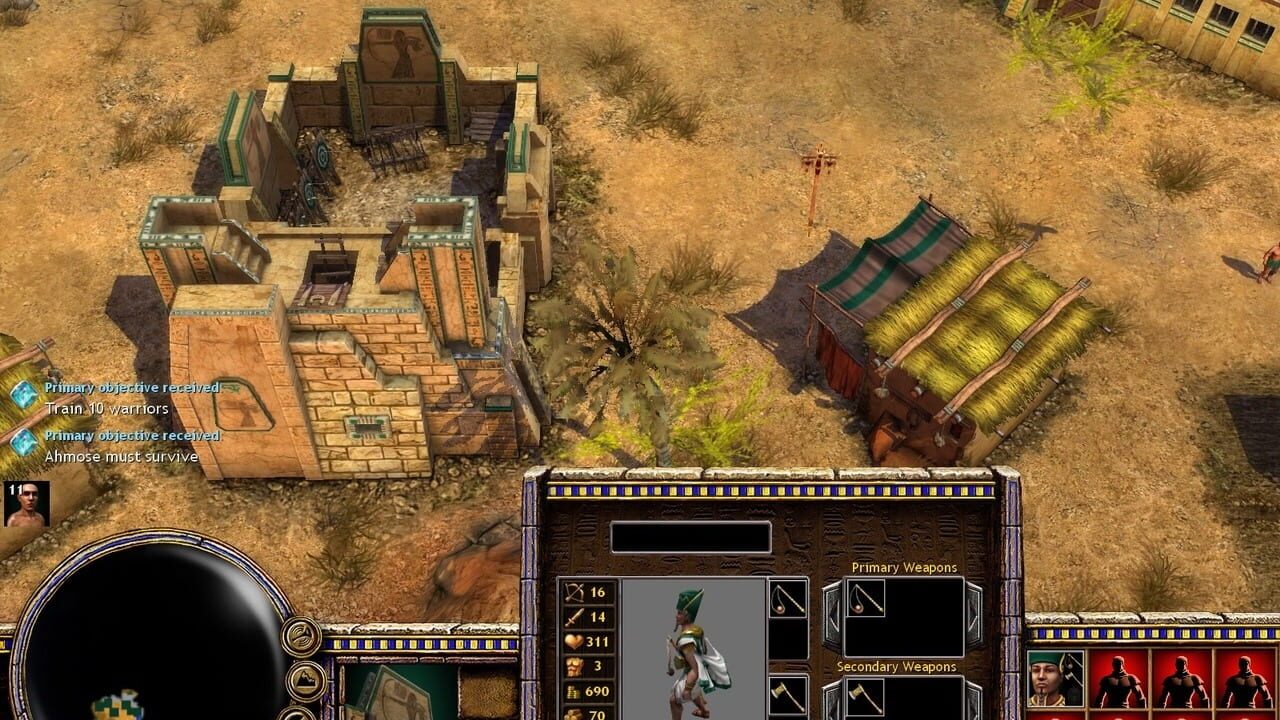

Throughout, Rahe argues that the alliance between Sparta and Athens and their eventual rivalry were extensions of their domestic policy and that the grand strategy each articulated in the wake of the Persian Wars and the conflict that arose in due course grew out of the opposed material interests and moral imperatives inherent in their different regimes. In a continuation of his series on ancient Sparta, noted historian Paul Rahe examines the grounds for their alliance, the reasons for its eventual collapse, and the first stage in an enduring conflict that would wreak havoc on Greece for six decades. For the decade and a half that followed, they continued their collaboration until a rift opened and an intense, strategic rivalry began. The VA estimates that about 1,000 veterans of the Iraq and Afghanistan wars are. The institution was already well-developed by the 8th century BC, when Theopompos of the Eurypontid clan emerges as the first recorded Spartan king. Advocates and the military itself have found that ancient myths and stories like Ajax can help veterans and active-duty soldiers cope with the overwhelming psychological stress that the country’s longest war has put on its relatively small volunteer force. A companion volume to The Spartan Regime and The Grand Strategy of Classical Sparta that explores the collapse of the Spartan-Athenian allianceĭuring the Persian Wars, Sparta and Athens worked in tandem to defeat what was, in terms of relative resources and power, the greatest empire in human history. In ancient Greece, Sparta was unique in having a dual kingship two kings from different clans, the Agiads and the Eurypontids, reigning simultaneously.


 0 kommentar(er)
0 kommentar(er)
